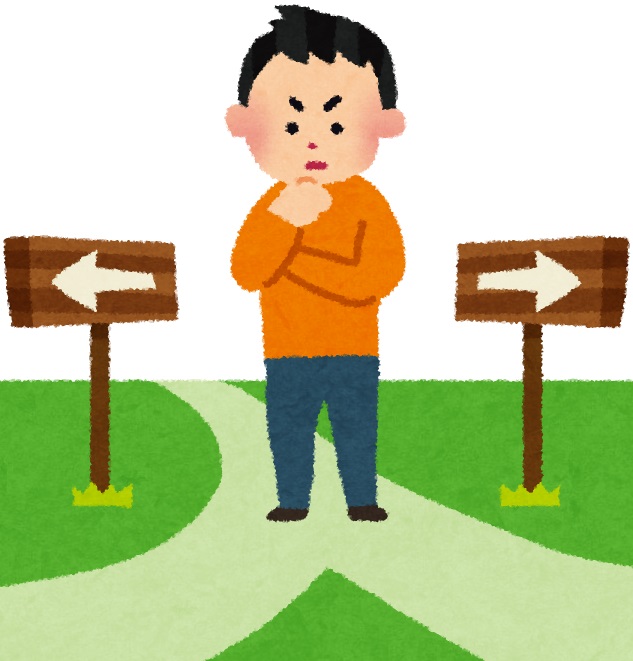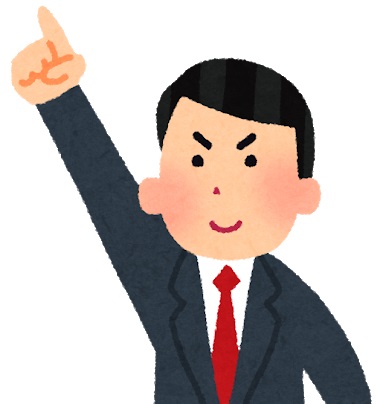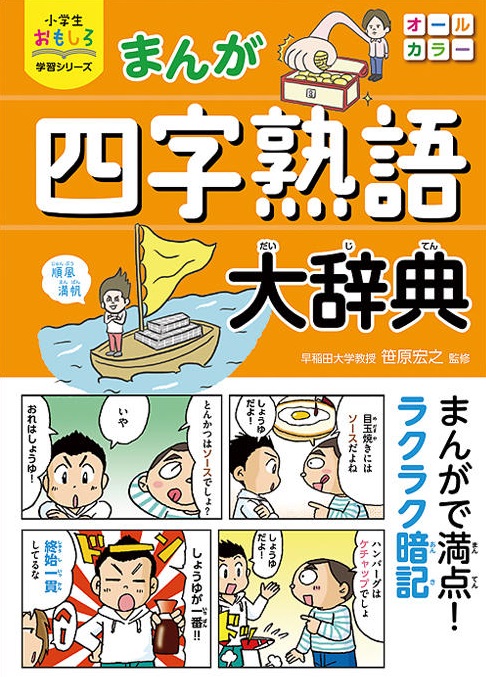皆さんこんにちは。今日は日本の四字熟語、第2弾です。
今日の四字熟語は「首尾一貫」です。
「しゅびいっかん」と読みます。
類義語で「終始一貫」や「徹頭徹尾」があります。
Hello everyone. Today is the second Japanese four-character idiom.
Today’s four-character idiom is “Shubi Ikkan.”
Synonyms include “Shushi Ikkan” and “Tetto tetsubi.”
もくじ(Table of contents)
・由来(Origin)
・意味(Meaning)
・例・使い方(Example / How to use)
・首とは?(What is the neck?)
・コメント(Comment)

由来
「首尾」は頭としっぽのこと。
そこから最初から最後までを意味する。
Origin
“Success” means the head and tail.
It means from the beginning to the end.
意味
最初から最後まで、筋が通ていて、考え方や態度が変わらないこと。
Meaning
From the beginning to the end, it makes sense and the way of thinking and attitude does not change.
例・使い方
担任の福山先生は、発言や行動がどんなときも首尾一貫している。
ぼくはそんな福山先生のことを尊敬している。
Example / How to use
Homeroom teacher Fukuyama is consistent in his remarks and actions at all times.
I respect teacher Fukuyama.

首とは?
音読みで「しゅ」、訓読みで「くび、かしら、こうべ」と読みます。
日本では、頭と胴体をつなぐ細い部分のみをさして「首」と言うことが多いですが、もともとは髪の毛の生えた頭部を描いた字で、頭全体を意味します。
What is the neck?
It is read as “shu” in Japanese on-yomi and “kubi, kashira, kobe” in kun-yomi.
In Japan, only the thin part that connects the head and torso is often referred to as the “neck,” but it was originally a character depicting a hairy head, meaning the entire head.
コメント
どうしても他の人の意見に流されやすいので、首尾一貫で自分自身の考えや行動をつらぬく人はたくましい人だなと思います。
ですが、協調性を大切にする日本人の穏やかさが、今の日本のマナーの良さやモラルの良さがあるので難しいところではあります。
皆さんの考え方はどっちですか?
ではまたっ‼
Comment
I think that a person who consistently sticks to his or her own thoughts and actions is a strong person because it is easy to be swept away by the opinions of others.
However, the calmness of the Japanese people who value cooperation is difficult because of the good manners and morals of Japan today.
Which is your way of thinking?
See you !
四字熟語の過去記事についてはこちら‼小学生おもしろ学習シリーズ まんが ことわざ大辞典 小学生おもしろ学習シリーズ まんが 四字熟語大辞典 小学生おもしろ学習シリーズ まんが ことわざ大辞典(Kindle版) 小学生おもしろ学習シリーズ まんが 四字熟語大辞典(Kindle版)




コメント